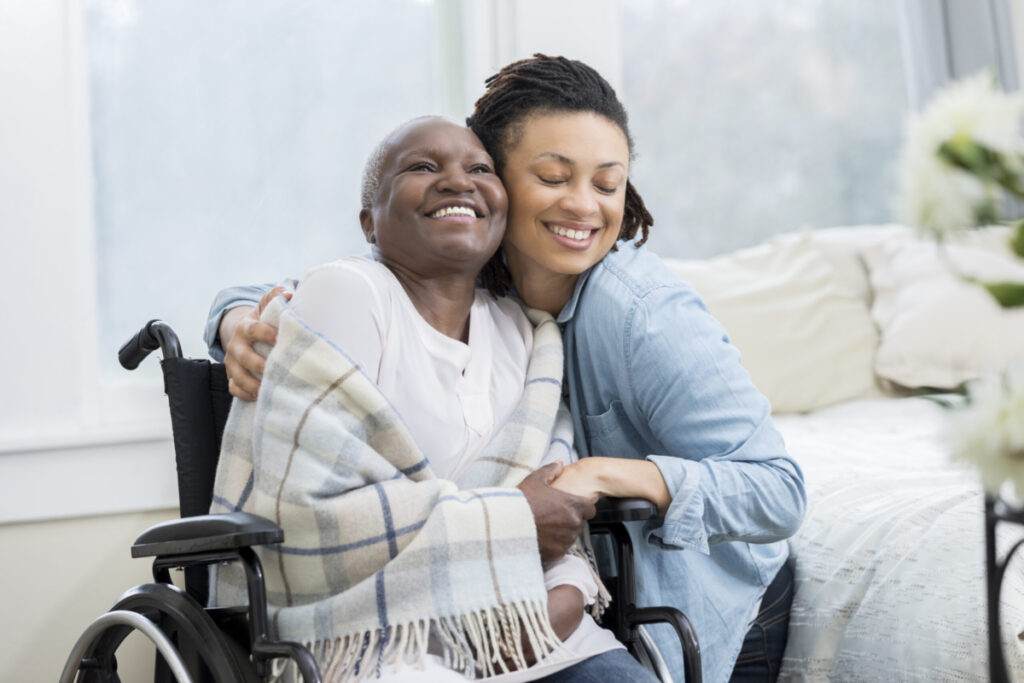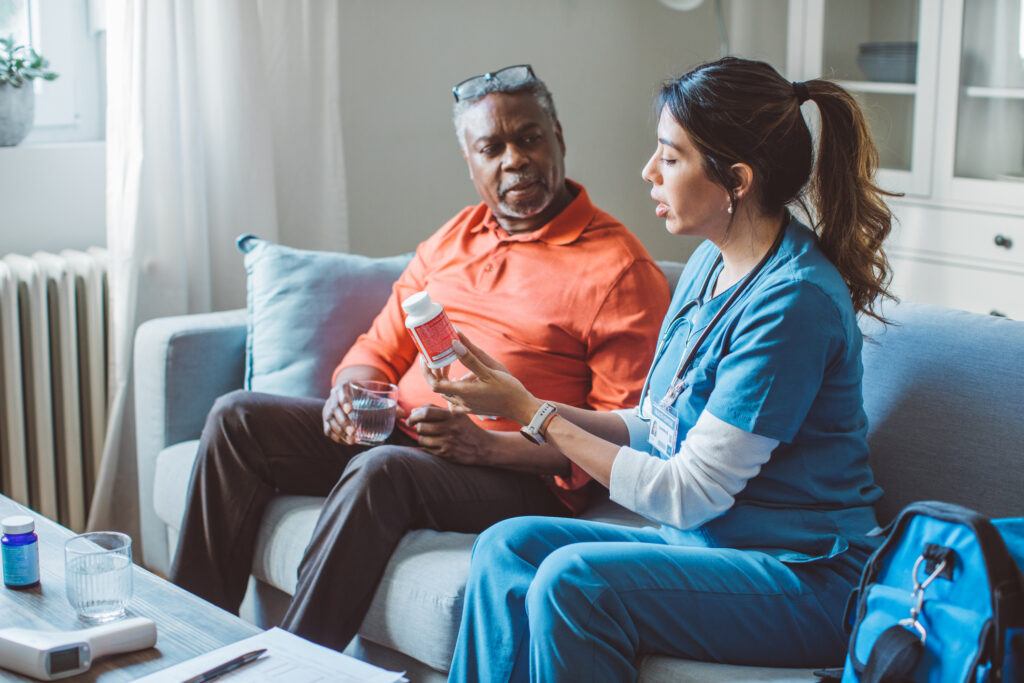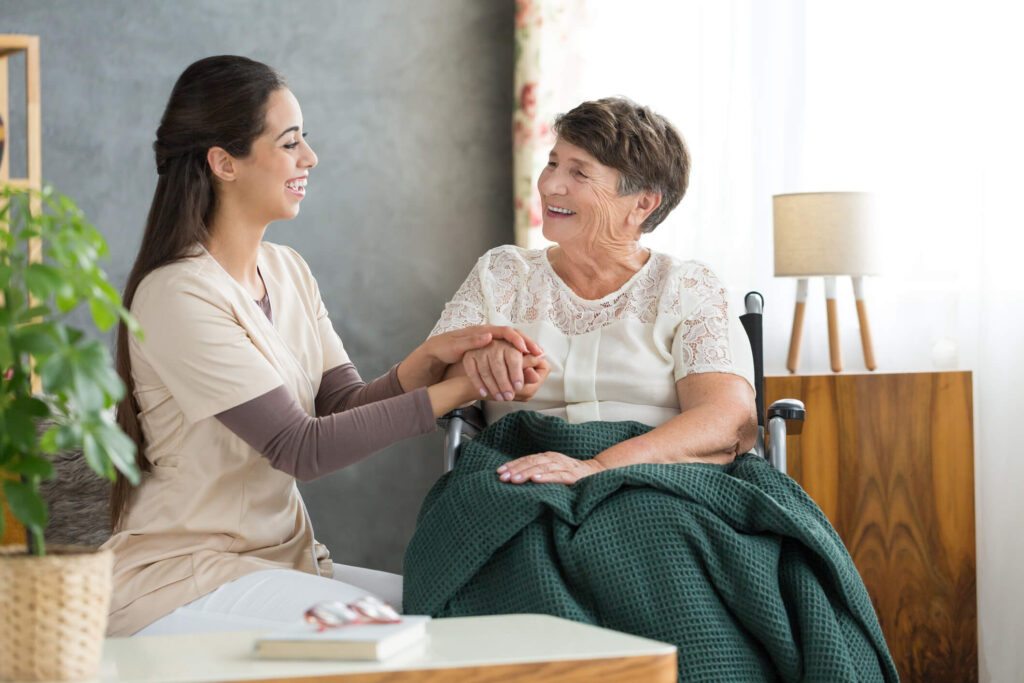In early March, Washington State experienced the nation’s first COVID-19 nursing home* outbreak, and the state quickly developed a response plan to address outbreaks at other nursing homes. Candace Goehring is director of Residential Care Services in Washington State’s Department of Social and Health Services (DSHS), the agency that regulates and performs complaint investigations into nursing facilities. She took time to answer questions from the National Academy for State Health Policy about the state’s COVID-19 nursing home response plan.
What COVID-19 response protocol has Washington State developed?
The first week after the first reported nursing home cases, Residential Care Services (RCS) immediately began developing a response to COVID-19 in our long-term care facilities and agencies. We began working collaboratively with local health jurisdictions, the state Department of Health (DOH), and state Incident Commands to mobilize resources to facilities impacted by COVID-19.
Our RCS centralized intake unit established a nightly virus report that is distributed to our regions and shared with key partners in other DSHS divisions and the DOH. This alerts them to facilities with COVID-19-positive or suspected cases where the state is providing services to Medicaid beneficiaries as well as alerting the public health system. In alignment with direction from the Centers for Medicare & Medicaid Services (CMS), RCS has reprioritized our regulatory responses. We are responding to all COVID-19 reports with immediate investigations, immediate jeopardy intakes for abuse and neglect allegations, and on-site infection control focused inspections and surveys.
Read about the “strike force” approach Maryland developed, with assistance from Johns Hopkins University School of Medicine, to address COVID-19 outbreaks in its long-term care facilities here.
DSHS has been able to secure adequate supplies of personal protective equipment (PPE) to allow our regulatory staff to do on-site inspections and investigations at nearly 2,000 facilities in the past six-weeks and will continue. DOH has also provided support to our long-term care (LTC) facilities by deploying infection preventionist nurses to facilities to support local health jurisdictions when needed.
Finally, CMS and Washington State have issued multiple waivers that have enhanced the availability of alternate care locations, increased access to caregivers available to work, and allowed the transfer and discharge of residents for the purpose of care of COVID-19 residents needing discharge from the hospital. Waivers have also expanded and expedited hospital discharge and options for patients needing long-term care residential care at discharge.
How does the state now respond when it gets a report of COVID-19 in a nursing home?
RCS responds within 48 hours with an on-site visit to the nursing home reporting COVID-19. A complaint investigator completes an investigation following CMS critical pathways and if needed uses the CMS Focused Infection Control Assessment tool. This tool is also provided to nursing homes for them to complete a self-assessment of their infection control practices and pandemic emergency response systems. Our primary purpose for these inspections and investigations is to identify areas of care needing consultation and technical assistance, and when necessary due to harm or imminent risk of harm is a facility cited. RCS will evaluate need for PPE, testing and cohorting and make referrals to DOH and local health jurisdictions as needed for additional consultation and testing recommendations. As needed, RCS will plan for revisits to determine facility compliance with standard infection control practices to reduce the transmission of COVID-19 to residents and staff.
When you receive a report, do you automatically test ALL residents and staff for COVID-19 at a facility to identify those who are asymptomatic yet capable of transmitting infection?
The DOH and local health jurisdictions have established COVID-19 testing standards. Nursing homes are working with their medical directors and local and state health authorities to determine testing of residents.
[Editor’s note: Testing protocols in nursing homes vary from state to state, depending greatly on their access to test kits. Maine, for example, currently tests all nursing home residents and staff only after there are three confirmed COVID-19 cases in a facility. State officials expect these standards to evolve as test kits become more available, especially in rural states.]
Any lessons learned that you’d like to share with states?
I think the measures our state took to:
- Rapidly reduce the number of visitors going into facilities;
- Approve waivers through the governor’s proclamations;
- Develop a specialized Long-Term Care Incident Command; and
- Quickly mobilize and support regulatory and public health staff with resources to go on-site to support a facility were all important in helping us to slow the spread of COVID 19.
There has also been great value in partnering with state agencies and local jurisdictions for a combined effort to support our most vulnerable residents.
*Note: A reported 27 people died at the Life Care Center in Kirkland from the COVID-19 outbreak since early March. The facility now faces a $600,000 fine and other sanctions after federal and state inspectors found a range of problems in how the facility handled the outbreak. Federal officials report Life Care had failed to:
- Notify state officials about the increasing rate of respiratory infections among residents;
- Rapidly identify and manage ill residents; and
- Have a backup plan after the facility’s primary clinician fell ill.
CMS said the urgent issues have since been resolved, but that Life Care also needs to demonstrate compliance on other issues, including record-keeping and its handling of safety and quality strategies.



